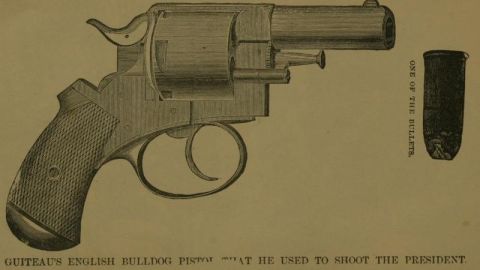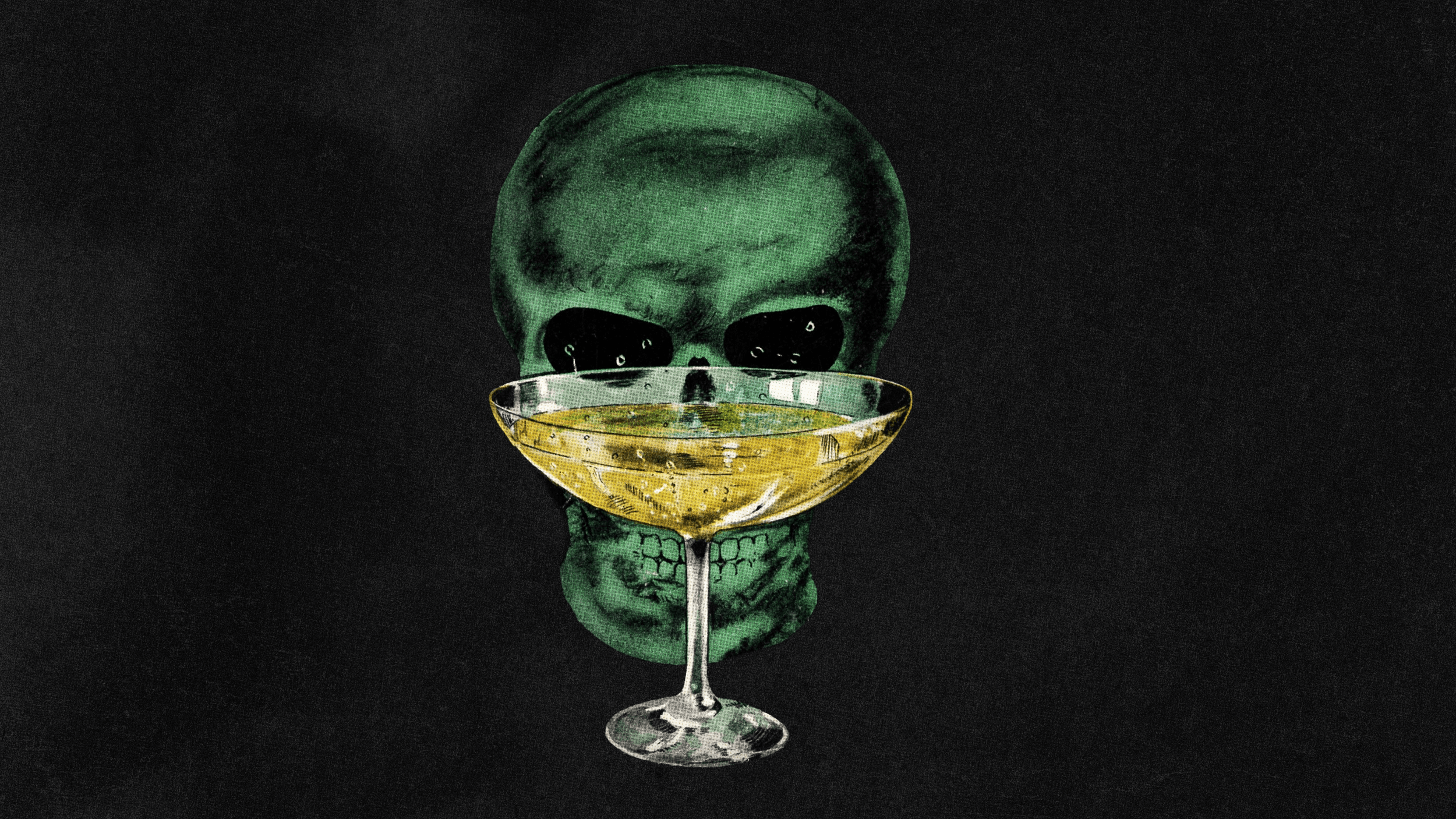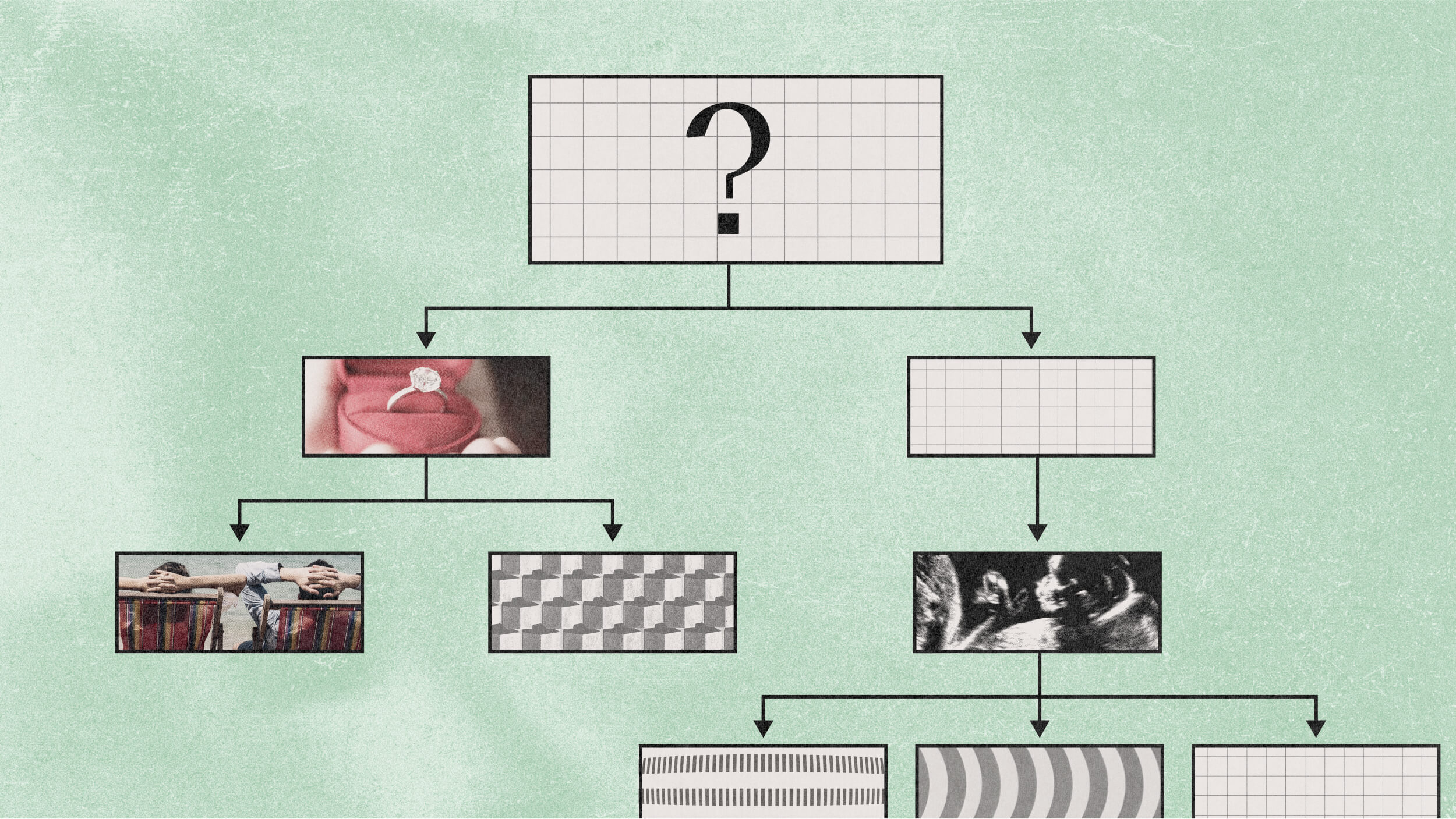Guns, Crime and Doctors

It’s safer to travel by airplane than by car, but people feel more secure on the road. The likely reason is that we feel less threatened when we have some control: Unlike passive passengers in jets, drivers can enjoy the illusion that their risk depends completely on their own actions.
Some people have similar feelings about crime: They think if they are armed, they can protect themselves and come out better than us milquetoasts who count on the police to keep us safe.
Those feelings fuel a lot of Hollywood fantasies, but they also spur serious debates. For instance, John Lott of the University of Maryland claims arming the general public reduces crime. Other scholars say that’s hooey (this pdf is a good summary of their reasons).
But the pro-gun arguments seem to be working, because American states over the past 20 years have been relaxing their gun laws to permit ordinary people to carry concealed weapons.
This week, researchers at the University of Pennsylvania Medical School weighed in. Examining 677 Philadelphia shooting victims between 2003 and 2006, the epidemiologists concluded that your risk of getting shot is 4.5 times higher if you’re carrying a gun than if you aren’t.
However, the study didn’t compare armed assault victims to unarmed victims. Instead, it compared shooting victims to the general population, in the same way that earlier epidemiological studies compared smokers with non-smokers to assess tobacco risks.
The trouble there is that a link between gun possession and bullet wounds doesn’t prove causality. Perhaps going out and buying a pistol instantly puts the average Philadelphian at a higher risk of getting shot. But isn’t it more likely that this effect is due to people who carry guns living differently from people who stay home at night to knit?
This is not an argument in favor of handguns for all. It’s just a question: Are the methods developed to find the health risks of cigarettes and salt really appropriate for a cultural-political issue like gun-possession?
Perhaps it’s not just the Charles Bronson wannabees who have fantasies of control. Perhaps those in public health who want to medicalize the issue of firearms are indulging in a pipe dream of their own, a dream that the right kind of regulations can make people live better lives.




